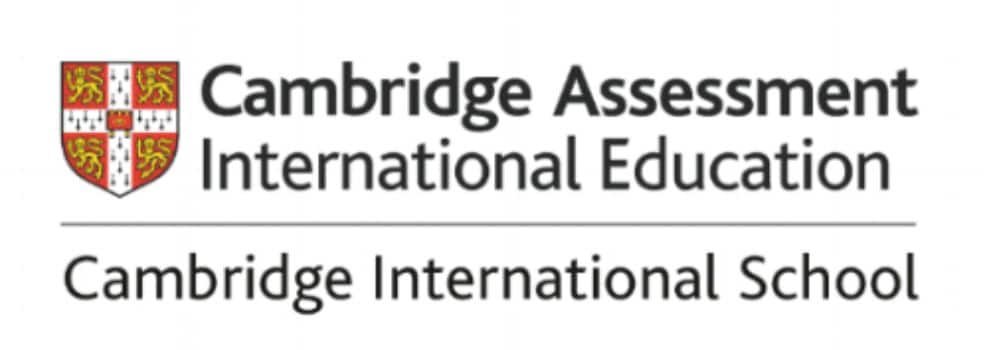You may have heard the term “holistic development” thrown around a lot lately. It’s become a buzzword in the education world, and for a good reason! Holistic development is a way of approaching education that counts the whole child rather than just their academic achievements. Keep reading to learn more about holistic development and why it’s an essential part of 21st-century education.
What is holistic development?
Holistic development is an approach to education that focuses on the whole child. This means that educators not just look into a child’s academic progress but also their social, emotional, and physical development. To provide a well-rounded education that meets all of these needs, educators need to work together with parents, guardians, and other caretakers.
Why is holistic development important?
In today’s world, it’s more important than ever for children to be able to thrive in all aspects of their lives. With the ever-increasing demands of the workforce and the constantly changing landscape, it’s more important than ever for children to be adaptable and resilient. A holistic approach to education ensures that children receive the support they need in all areas of their lives, setting them up for success both now and in the future.
Why is it becoming the buzzword in the education world?
There are a few reasons why holistic development is becoming the buzzword in education. First, educators are beginning to see the importance of educating the whole person. They understand that cognitive skills are not enough; students need opportunities to grow emotionally and physically. Second, society is increasingly complex; therefore, students must be prepared to navigate this complexity with thoughtful reflection and critical thinking skills. Finally, we see a shift from standardized tests and rote learning towards a more student-centered approach to education. This shift has created more opportunities for educators to incorporate holistic development into the classrooms.
Bottom line
A holistic approach to education is an integral part of 21st-century learning. By taking into account the whole child—their academic progress, social and emotional development, and physical well-being—educators can better meet the needs of each student. This approach sets students up for success in all areas of their lives and prepares them for the challenges of the modern world.






